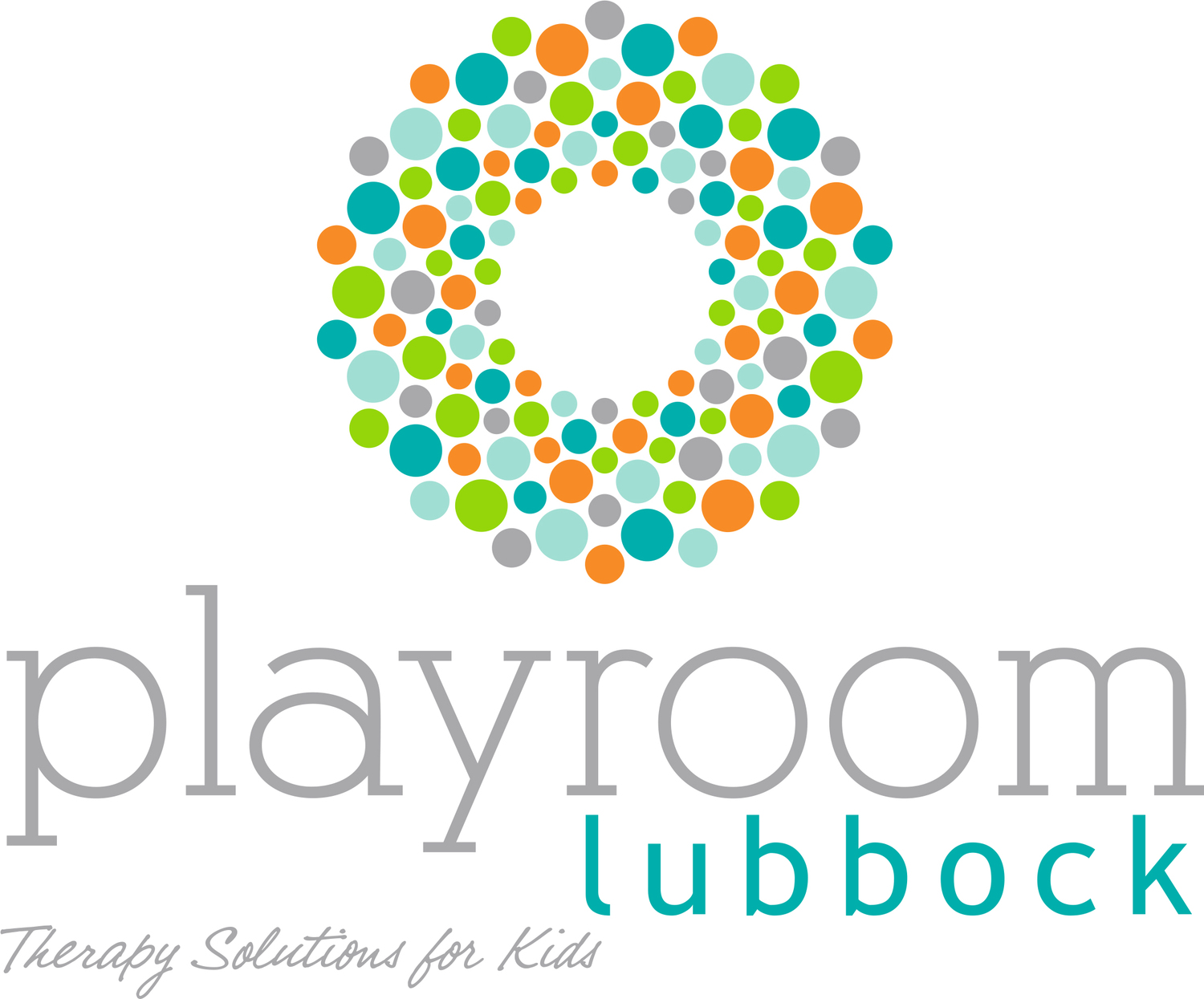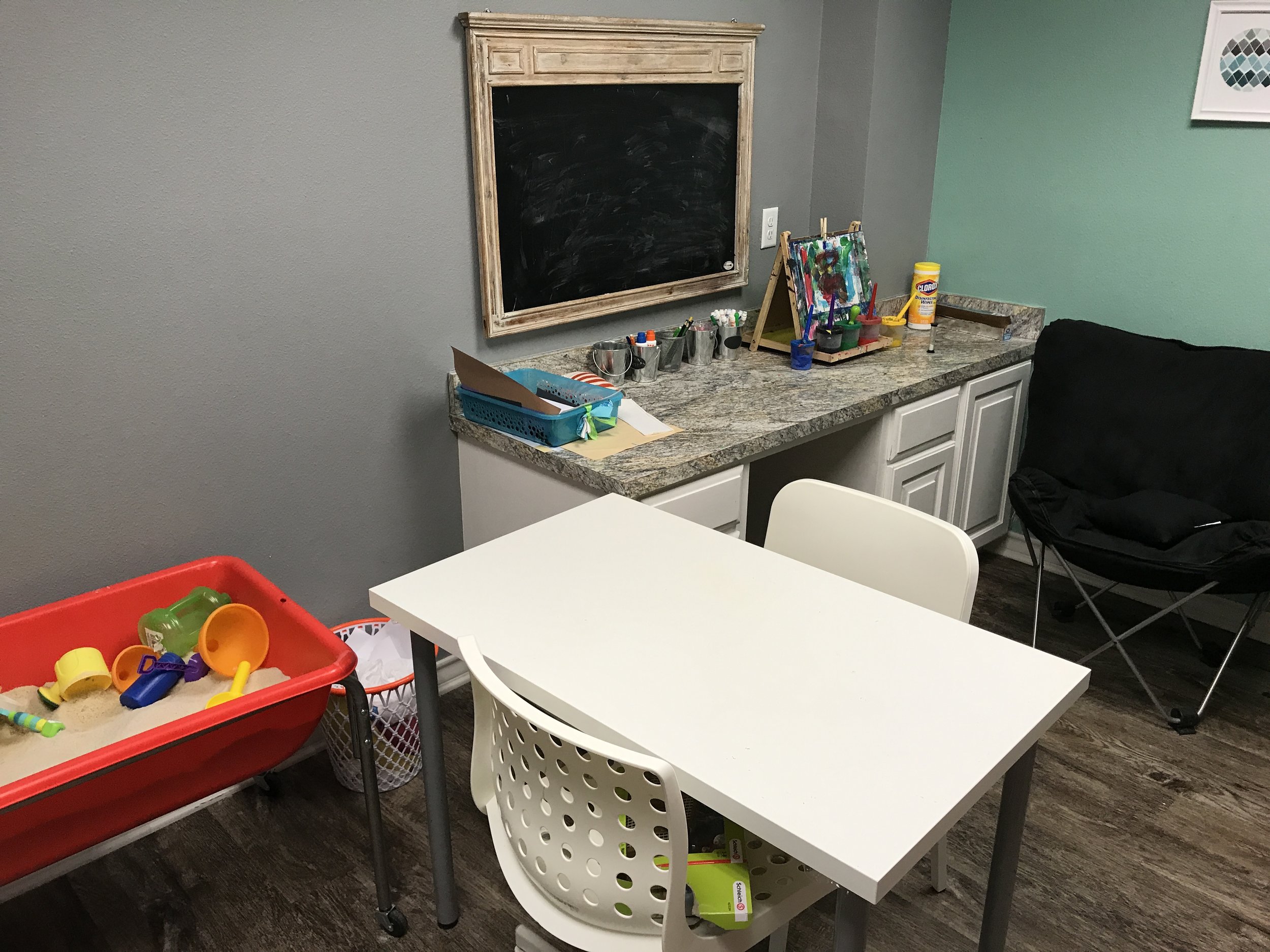Child-centered activity play therapy (CCAPT) can be an effective intervention for pre adolescents, because the child-directed nature of the sessions "provides an opportunity for the child to explore his or her growing sense of self in a safe, accepting environment, free from the pressures and constraints of adult expectations: a situation that is certain to be unique for the unpredictably emotional preadolescent." ( Therapist's Guide to Child Development: The Extraordinarily Normal Years, Edited by Dee C. Ray, 2016). CCAPT allows for the development of self-direction, facilitates the growth of an internal locos of control, and opportunities to gain a sense of competence.
Parent Tip:
Parents, you can allow your child to pick a craft or an activity to do together, and practice using reflective listening while engaging in the activity with the child. Going on special outings can also be beneficial.
“Craft Activities can foster the child’s feelings of competence, while active listening from a parent can help the parent to understand the child better and the child to feel understood.”
Reflective listening can facilitate the child being open with the parent about difficulties at school or with friends. The acronym DEAR is a helpful way to remember the components of reflective listening to your child. Kathleen Scott shares how to connect with your child using reflective listening. (GoodTherapy.Org, September 8, 2015).
Detect: Our role as parents naturally consists of advising and telling our children based on our own judgements. Instead, try observing your child's demeanor, behaviors, tone, and words. By practicing detection, you are likely to discover what is underlying the emotions.
Empathize: Try to empathize with your child's feelings without making it about you. What is their perspective? Connect with your child's feelings. "Wow, Jayden. You seem really angry." "I can see your frustration."
Ask: Ask questions out of compassion. Keep the conversation focused on your child's emotions and story before moving forward to addressing the undesirable behavior or a solution. Paraphrase what you hear. Questions should come from a place of wanting more information. "Can you tell me what happened?"
Reflect: Summarizing what you hear from your child can help dampen the powerful feelings. Your child will have the opportunity to step back and reevaluate their statements and feelings. You are teaching your child to regulate emotions through conversation and process feelings. "What I am hearing is that you're hurt because you were made fun of." "What a terrible end to your school day. It sounds like you've been hurt by people you thought were your friends."
Pro Tip:
No matter the age, there is value in play and creative expression for treating emotional or behavioral challenges. Conventional play therapy may seem juvenile to preadolescents and adolescents so a setting and activities consistent with the developmental needs of preteens is essential. Click here to learn more about Child Centered Activity Play Therapy.


